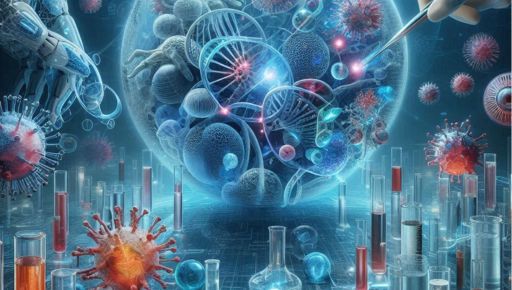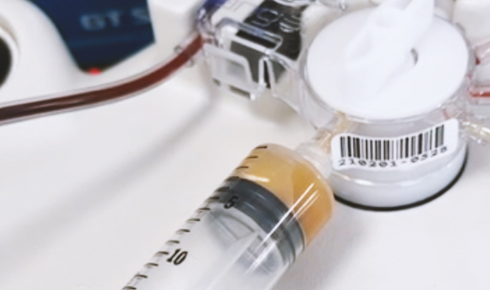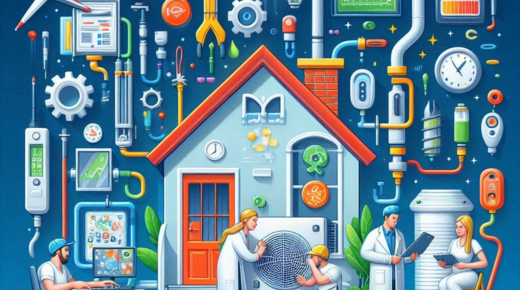
The field of biopharmaceuticals has seen significant innovation in recent years, particularly in the development of recombinant antibody and the use of mammalian cell expression systems. These advancements have revolutionized therapeutic protein production, offering high specificity, reduced immunogenicity, and enhanced efficacy in treating various diseases. This article explores key concepts and technologies like CHO cells, protein expression, mammalian expression, and antibody expression, which form the foundation of modern biopharmaceutical manufacturing.
Recombinant Antibody: A Game-Changer in Therapeutics
Recombinant antibodies are artificially engineered monoclonal antibodies (mAbs) designed using recombinant DNA technology. Unlike traditional hybridoma-based monoclonal antibodies, recombinant antibodies are produced by transfecting expression systems with specific genes encoding the desired antibody. This method allows greater precision in antibody design, enabling modifications to enhance binding specificity, stability, and therapeutic efficacy.
These antibodies play a vital role in various therapeutic applications, including oncology, autoimmune diseases, and infectious diseases. Their ability to target specific antigens with high precision has also made them indispensable in diagnostics and research.
Key Advantages of Recombinant Antibodies:
- Customization: Tailored to recognize specific epitopes.
- Reduced Immunogenicity: Humanized or fully human antibodies lower the risk of adverse immune responses.
- Scalability: Efficient production processes in optimized cell lines.
Mammalian Cell Systems: The Backbone of Biopharmaceutical Production
Mammalian cells are widely regarded as the gold standard for producing complex biologics like antibodies and therapeutic proteins. They have the unique ability to perform post-translational modifications, such as glycosylation, phosphorylation, and folding, which are essential for protein functionality and stability in humans.
Compared to prokaryotic systems like bacteria, mammalian cells can produce proteins with structures and functions closely resembling those of naturally occurring human proteins. This capability is critical for reducing immunogenicity and ensuring therapeutic efficacy.
CHO Cells: The Workhorse of Protein Production
Among mammalian cells, Chinese Hamster Ovary (CHO) cells are the most widely used platform for recombinant protein expression. These cells offer several advantages, making them a preferred choice for biopharmaceutical production:
- High Protein Yield: CHO cells are highly efficient in producing large amounts of proteins, including antibodies.
- Post-Translational Modifications: They perform human-compatible glycosylation, enhancing protein stability and function.
- Robust Growth: CHO cells thrive in suspension culture, making them adaptable to large-scale bioreactors.
- Regulatory Acceptance: Decades of safe usage have established CHO cells as a trusted platform for therapeutic production.
Applications of CHO cells range from antibody expression to producing cytokines, enzymes, and vaccines.
Protein Expression: Unlocking the Potential of Biopharmaceuticals
Protein expression refers to the process by which cells synthesize, modify, and fold proteins. This process is at the core of recombinant antibody production. The choice of the expression system—whether mammalian, bacterial, or yeast—determines the quality, yield, and scalability of the final protein product.
For therapeutic purposes, mammalian expression systems are preferred due to their ability to produce biologically active proteins with proper folding and post-translational modifications. This capability ensures that the therapeutic protein mimics its natural counterpart, reducing the risk of immune rejection.
Enhancing Protein Expression Efficiency:
- Codon Optimization: Adjusting the gene sequence for optimal expression in the host cell.
- Promoter Selection: Using strong promoters like CMV to drive high levels of transcription.
- Media Optimization: Tailoring culture conditions to maximize protein yield.
Mammalian Expression: Advancing Therapeutic Protein Production
Mammalian expression systems are designed to produce complex therapeutic proteins, including recombinant antibodies, enzymes, and hormones. These systems, often based on CHO cells or HEK293 cells, provide unparalleled precision in replicating human protein structures.
The process involves introducing a plasmid containing the desired gene into mammalian cells through transfection methods such as electroporation or lipofection. Once inside the cell, the gene integrates into the host genome, leading to the production of the desired protein.
Benefits of Mammalian Expression:
- High Bioactivity: Proteins produced are biologically active and structurally accurate.
- Post-Translational Modifications: Critical for therapeutic efficacy.
- Scalability: Compatible with large-scale manufacturing in bioreactors.
Applications include the production of monoclonal antibodies, fusion proteins, and even gene therapy vectors.
Antibody Expression: Precision Meets Efficiency
The term antibody expression refers to the production of monoclonal or recombinant antibodies in a host cell system. CHO cells dominate this field due to their ability to produce high-quality antibodies at a commercial scale.
The production process typically involves two key phases:
- Transient Expression: Used for rapid, small-scale antibody production, often in early-stage research.
- Stable Cell Line Development: Used for large-scale, consistent production, requiring the integration of the antibody gene into the host genome.
Improving Antibody Expression:
- Vector Optimization: Incorporating enhancers and regulatory elements to boost expression levels.
- Cell Line Engineering: Developing cell lines with enhanced productivity and stability.
- Process Optimization: Refining culture conditions and purification processes for maximum yield.
Future Directions in Recombinant Antibody and Protein Expression
The demand for recombinant antibodies and therapeutic proteins is poised to grow, driven by advancements in mammalian expression technologies. Emerging trends include:
- CRISPR-Cas9: Enabling precise genetic modifications to enhance protein yield.
- Artificial Intelligence: Optimizing cell culture conditions and identifying bottlenecks in production.
- Biosimilars: Leveraging existing platforms for cost-effective biologic development.
The integration of innovative tools with existing CHO cell and protein expression platforms promises to improve efficiency, reduce costs, and expand access to life-saving therapies worldwide.
In conclusion, recombinant antibodies, mammalian cells, and advanced antibody expression systems represent the cutting edge of biopharmaceutical manufacturing. As technologies continue to evolve, they hold immense potential to address unmet medical needs and transform global healthcare.








